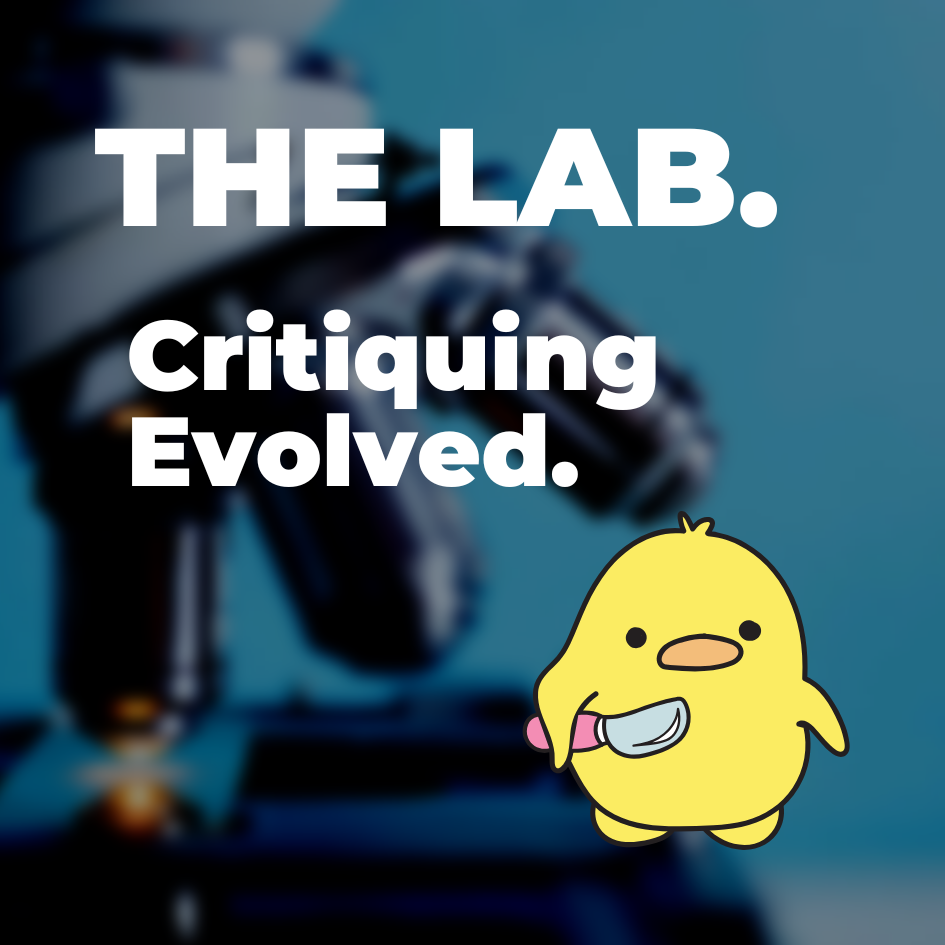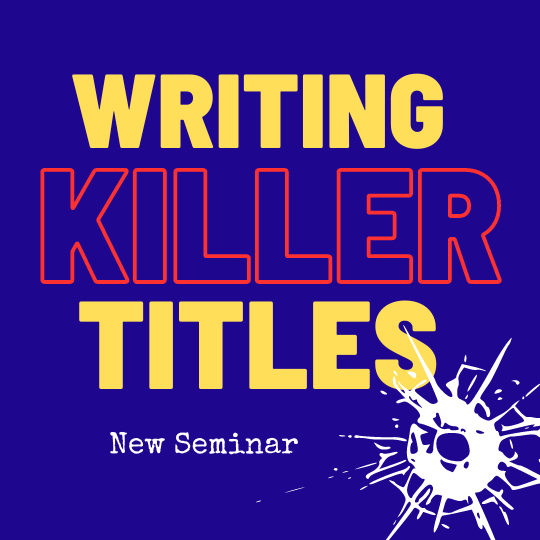Paul Whybrow
Full Member
As I've admitted before on the Colony, I miss the obvious, sometimes.
I realised something recently, from my latest querying campaign, which might have been glaringly obvious to most of you, but I somehow overlooked it. When reading an agent's requirements for a submission, many of them request that you state your influences, and, more specifically, who you write like. On the surface, this is a reasonable thing to do, as it demonstrates to the agent that you know your genre well. Also, it shows that you're self-aware, that you'll be able to sell yourself as an author and your books as a good read.
You might be giving away too much information.
Let me demonstrate. My Crime genre influences include John Connolly, Michael Connelly, Dennis Lehane, Kate Atkinson, Walter Mosley, James Lee Burke and James Oswald. I only discovered Oswald last summer, after seeing him mentioned in an interview with fellow Scottish crime novelist Stuart McBride. I've since read all of his Inspector McLean crime novels, enjoying them, but a little disturbed by how much my Cornish Detective protagonist resembles the M/C in his series. I wrote most of my stories before him too. His were eventually traditionally published (he self-published first), mine have just been self-published. It's going to look like I copied him. I know he didn't copy me. It's synchronicity.
One of the agents I submitted to last month is Juliet Mushens of CaskieMushens. She represents James Oswald. Naively, I thought this to be a good thing. But, it's not. Of course, it's not. Why would she want to represent someone whose books are similar to an existing client's work? It's a common reason for agents to send form letters of rejection.
I'm a dope!
Don't you be!

I realised something recently, from my latest querying campaign, which might have been glaringly obvious to most of you, but I somehow overlooked it. When reading an agent's requirements for a submission, many of them request that you state your influences, and, more specifically, who you write like. On the surface, this is a reasonable thing to do, as it demonstrates to the agent that you know your genre well. Also, it shows that you're self-aware, that you'll be able to sell yourself as an author and your books as a good read.
You might be giving away too much information.
Let me demonstrate. My Crime genre influences include John Connolly, Michael Connelly, Dennis Lehane, Kate Atkinson, Walter Mosley, James Lee Burke and James Oswald. I only discovered Oswald last summer, after seeing him mentioned in an interview with fellow Scottish crime novelist Stuart McBride. I've since read all of his Inspector McLean crime novels, enjoying them, but a little disturbed by how much my Cornish Detective protagonist resembles the M/C in his series. I wrote most of my stories before him too. His were eventually traditionally published (he self-published first), mine have just been self-published. It's going to look like I copied him. I know he didn't copy me. It's synchronicity.
One of the agents I submitted to last month is Juliet Mushens of CaskieMushens. She represents James Oswald. Naively, I thought this to be a good thing. But, it's not. Of course, it's not. Why would she want to represent someone whose books are similar to an existing client's work? It's a common reason for agents to send form letters of rejection.
I'm a dope!
Don't you be!





